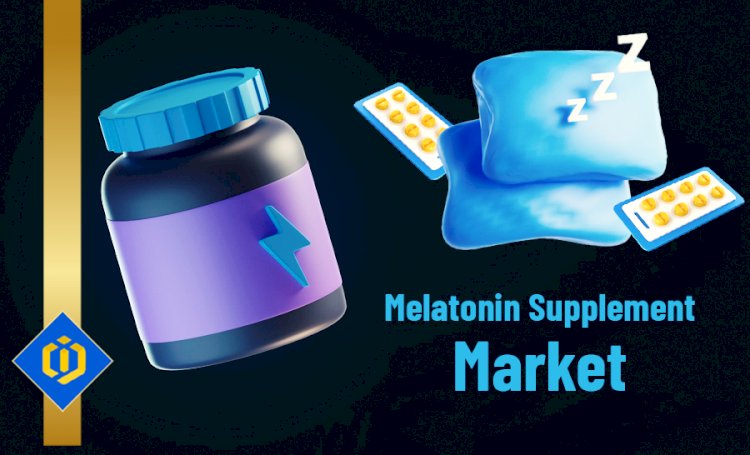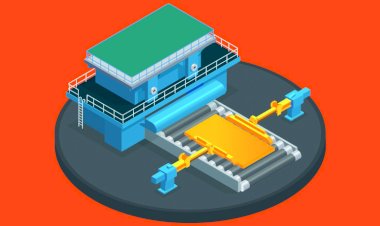Examining the Landscape of Intellectual Property in the Melatonin Supplement Industry: A Comprehensive Perspective

Abstract:
This article provides an analysis of the patent landscape surrounding melatonin supplements, focusing on the operational mechanics, duration, and conditions under which these patents can be utilized by competing companies. It emphasizes the importance of understanding pharmaceutical patents, with specific attention given to melatonin as a prominent player in the growing sleep aid market.
Introduction:
With the increasing prevalence of sleep disorders and the thriving wellness industry, there has been a significant rise in consumer demand for melatonin supplements. This article explores the intricate network of patents that govern these supplements, examining the complexities and implications of these intellectual property rights.
Fundamentals of Pharmaceutical Patents:
Pharmaceutical patents grant exclusive rights to their holders for a limited period, typically around 20 years. These patents play a crucial role in promoting pharmaceutical innovation by allowing companies to recuperate their substantial investments in drug development and clinical trials.
Melatonin Supplement Patents:
Melatonin-related patents cover a wide range of areas, including synthesis methods, formulation techniques, and innovative delivery systems. These patents often focus on specific aspects of formulation or delivery, rather than the naturally occurring hormone itself.
Patent Duration and Expiry:
Pharmaceutical patents, including those for melatonin supplements, have a time limit. Once expired, these formulations enter the public domain, enabling other companies to produce and market generic versions, provided they do not infringe on any surviving secondary patents.
Utilization after Patent Expiry:
When a melatonin patent expires, the formulation becomes available in the public domain, allowing other entities to legally manufacture and sell it. However, it is crucial for these entities to ensure strict compliance with any remaining secondary patents, which may cover specific ingredients or manufacturing processes.
Market Dynamics and Future Prospects:
The expiration of primary patents in the melatonin market leads to increased competition, potential price reductions, and improved accessibility for consumers. Nevertheless, the landscape remains dynamic and competitive, influenced by ongoing filings of secondary patents and advancements in delivery and formulation technologies.
Conclusion:
Effectively navigating the patent landscape of melatonin supplements requires a comprehensive understanding of intellectual property laws and their impact on market dynamics. This landscape is continuously shaped by scientific progress, legal frameworks, and market demands, highlighting the intricate interplay between innovation, legal protection, and competitive market forces.
Author: Pooyan Ghamari, Swiss Economist & Visionary

 content-team
content-team 






















